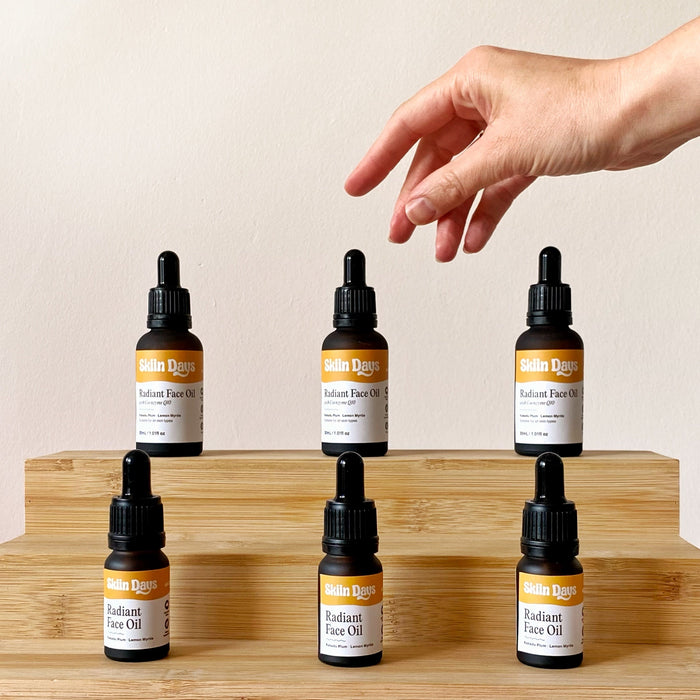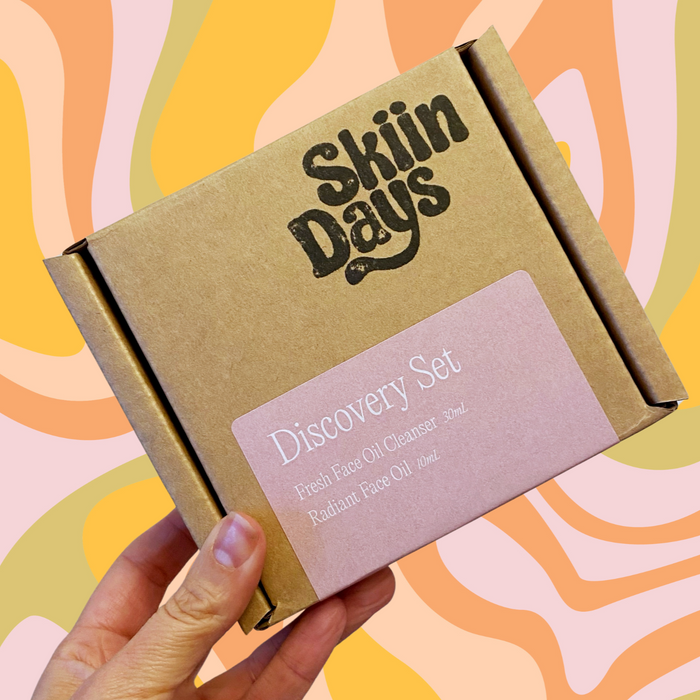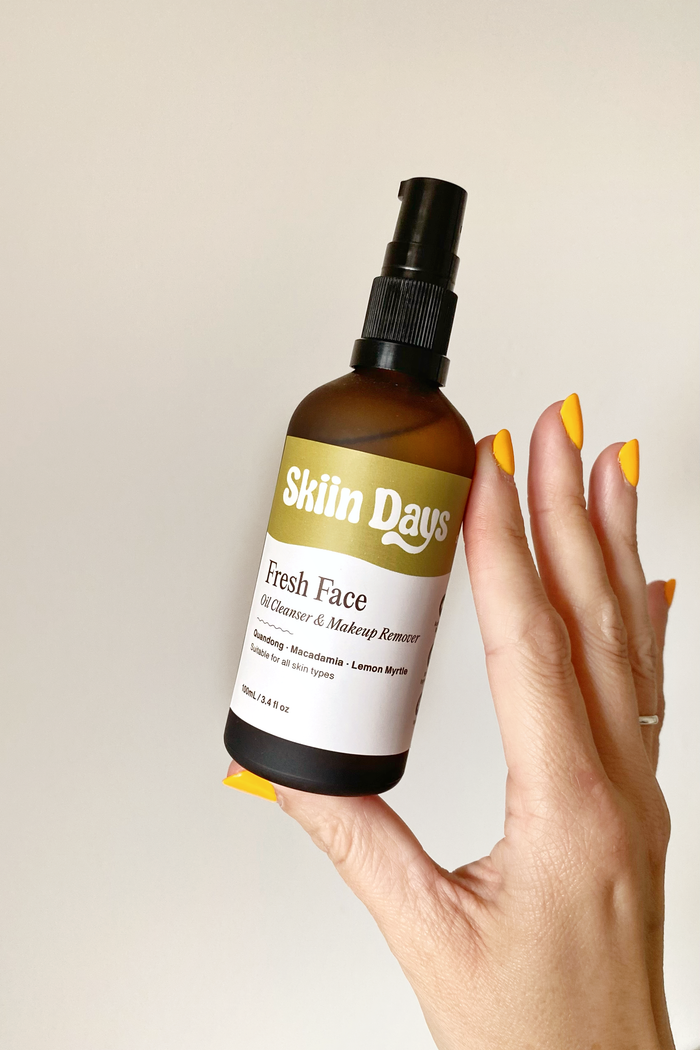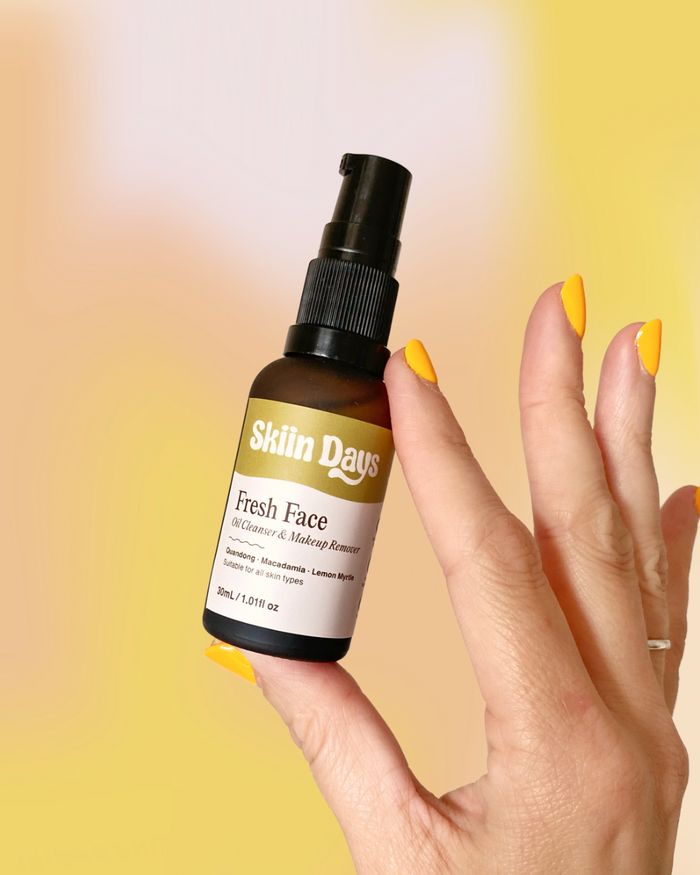

Does your skin really absorb 60% of everything you put on it?!
Does 60% of What You Apply to Your Skin End Up in Your Bloodstream?

Beauty Myth Debunking
In the world of skincare, myths abound, and one of the most persistent is the claim that "60% of everything you put on your skin ends up in your bloodstream." This little statement has gained traction over the years, leaving many people worried about the products they use.
It sends fear into the hearts of conscious shoppers.
Oh god! What if those nasty ingredients are in my blood?!
But is there any truth to this claim? Let’s break it down together and explore the reality behind skin absorption and how it truly affects your body.
The Science Behind Skin Absorption
Your skin is the largest organ in your body, serving as a barrier that protects you from environmental harm, regulates temperature, and prevents excessive water loss. Its structure is complex, with multiple layers, each playing a crucial role in how substances interact with your body.
When you apply a product to your skin, whether it's a moisturiser, serum, or sunscreen, the extent to which it penetrates depends on lots of different factors:
- The Ingredient Itself: Not all ingredients have the same ability to penetrate the skin. For instance, water-based ingredients are often unable to pass through the lipid-rich layers of the skin, while oil-based ingredients can penetrate more easily.
- Skin Health: The condition of your skin greatly influences absorption. Healthy, intact skin with a strong barrier function will absorb less than damaged or compromised skin.
- Environmental Factors: Temperature, humidity, and even the time of day can affect how your skin absorbs products. Warmer temperatures and higher humidity can increase the skin’s permeability.
The Reality: Between 0% and 100% Absorption
The truth is, there is no universal figure like "60%" that applies to every product or ingredient.
The actual absorption rate can range from 0% to 100%, depending on the factors mentioned above. In other words, all of it, some of it or none of it will end up in your blood stream
For instance:
- Carrier Oils: These oils, such as jojoba or almond oil, are excellent for moisturising the skin's surface. However, they generally only penetrate the very top layer of the epidermis, known as the stratum corneum, and typically go no further. This means that while they provide surface-level benefits, they are very unlikely to enter your bloodstream.
- Essential Oils: Essential oils, on the other hand, can penetrate deeper into the skin and potentially enter the bloodstream. However, it’s important to note that this absorption is often minimal and is often through inhalation rather than direct skin contact.
- Inhalation vs. Topical Application: Some ingredients, particularly those in essential oils, may enter your bloodstream more effectively through inhalation rather than skin absorption. This is why aromatherapy is effective — the aromatic compounds are quickly absorbed through the lungs and into the bloodstream.
Why the 60% Myth Persists
The 60% myth persists because it’s a simplified and easily digestible statement that plays on our fears about what we put on our skin. In reality, skin absorption is a complex process that cannot be summed up with a single percentage. Understanding the nuances of how your skin interacts with different products is essential in making informed decisions about your skincare routine.
Making Informed Skincare Choices
When choosing skincare products, it’s crucial to understand the ingredients and how they work with your skin type and conditions. Instead of worrying about misleading statistics, focus on selecting high-quality products that are formulated to suit your specific skin’s needs.
- Natural vs. Synthetic: The debate between natural and synthetic ingredients often fuels the absorption myth. While natural ingredients are generally considered safer, not all synthetic ingredients are harmful. The key is to understand the role of each ingredient and how it interacts with your skin.
- Patch Testing: Before introducing a new product into your routine, always perform a patch test to ensure it doesn’t cause irritation or adverse reactions, especially if you have sensitive skin.
- Consult a Professional: If you have concerns about specific ingredients or products, consult a dermatologist or skincare specialist. They can provide personalized advice based on your skin type and concerns.
Embrace Knowledge, Not Myths
So, while it’s essential to be mindful of what you put on your skin, it’s equally important to approach skincare with knowledge rather than fear. The claim that 60% of everything you apply to your skin ends up in your bloodstream is a massive oversimplification.
By understanding the factors that influence skin absorption, you can make informed choices that support your skin’s health without falling prey to misleading myths.
Stay safe out there loves
Lucy xo
Disclaimer
All content within this blog is provided for general information only, and should not be treated as a substitute for the medical advice of your own doctor or any other health care professional. Skiin Days is not responsible or liable for any diagnosis made by a user based on the content of this site. Always consult your own GP if you're in any way concerned about your health
0 comments
Want to learn more?
By signing up for the mailing list, you'll receive articles (just like this one!), tips, and tricks delivered straight to your inbox.
Skin Days Glow Hub
-
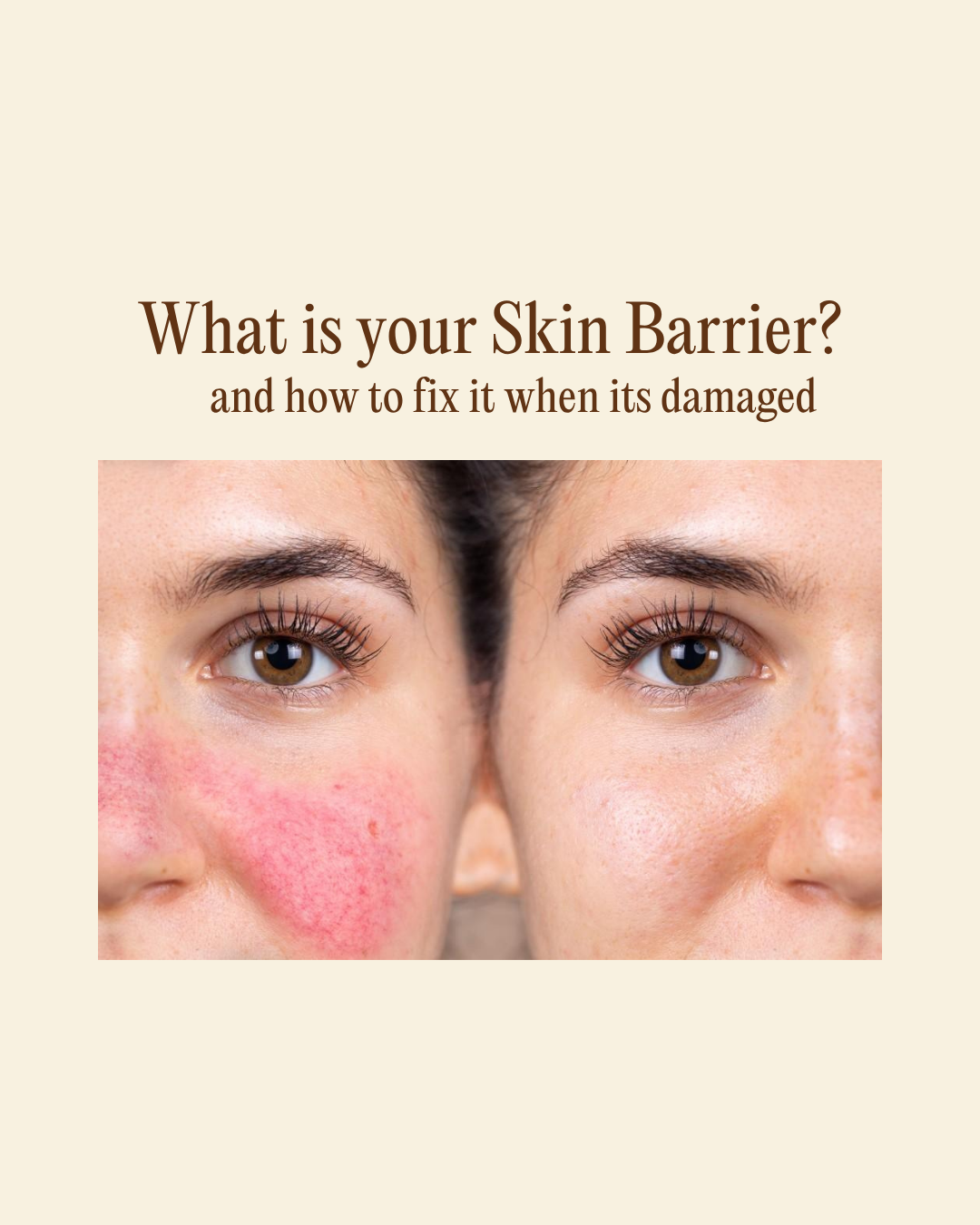
What Is Your Skin Barrier (and how to fix it when it's damaged) 🦠
If your skin has been feeling tight, reactive, red, or just off lately, there’s a good chance your skin barrier is calling for help. You’ve probably heard the term “barrier repair” floating around on social media, but what does it...
-
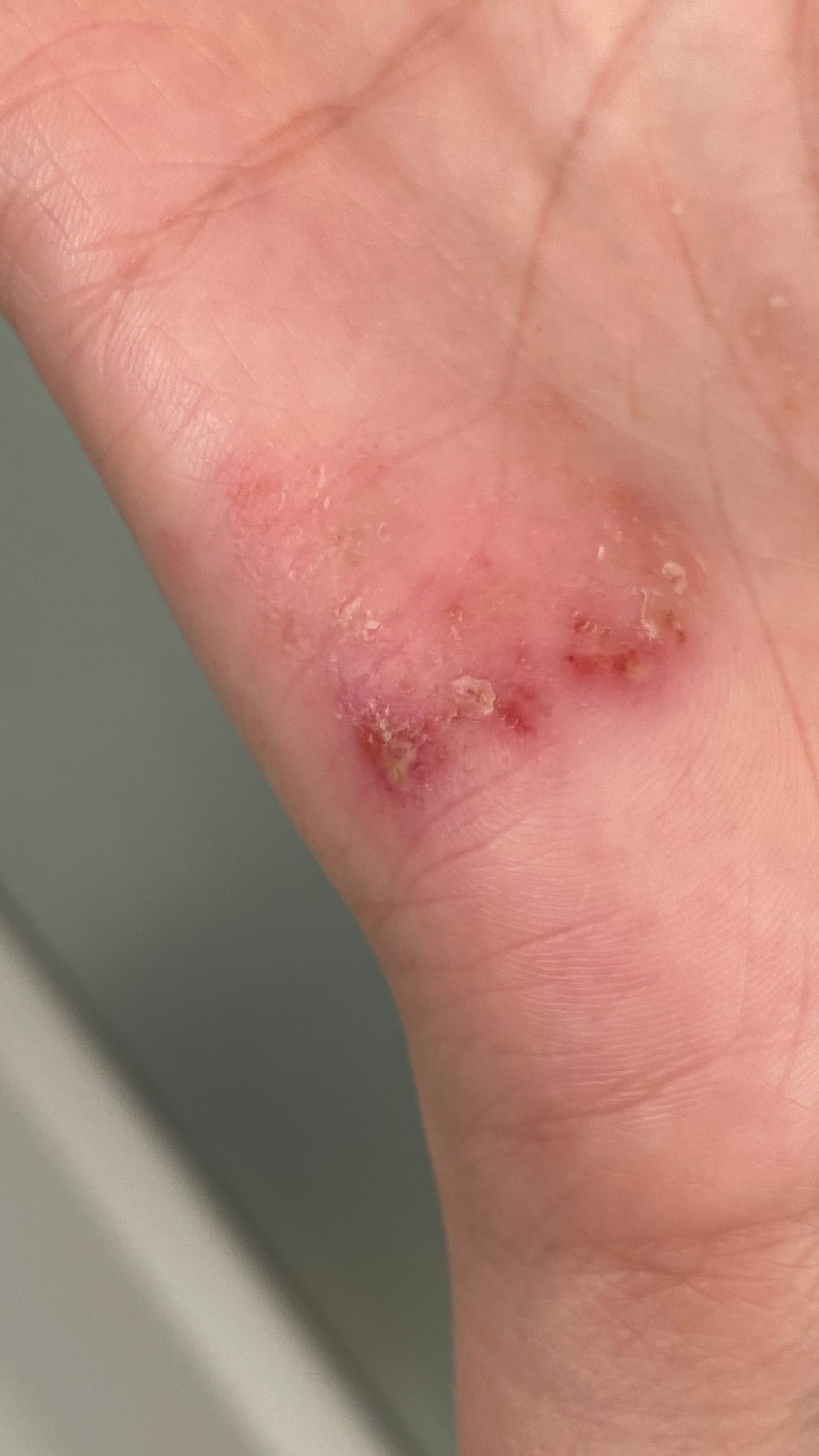
The Balm I Made for My Eczema (And Why You Might Want to Try It Too)
A few days ago, I posted something a little different on Instagram.
No fancy filters. Just me, mid-eczema flare, applying a thick, yellow balm I’d made myself — a blend of zinc oxide and calendula (along with lovely nourishing plant oils and butters) I’ve been quietly testing behind the scenes.
-
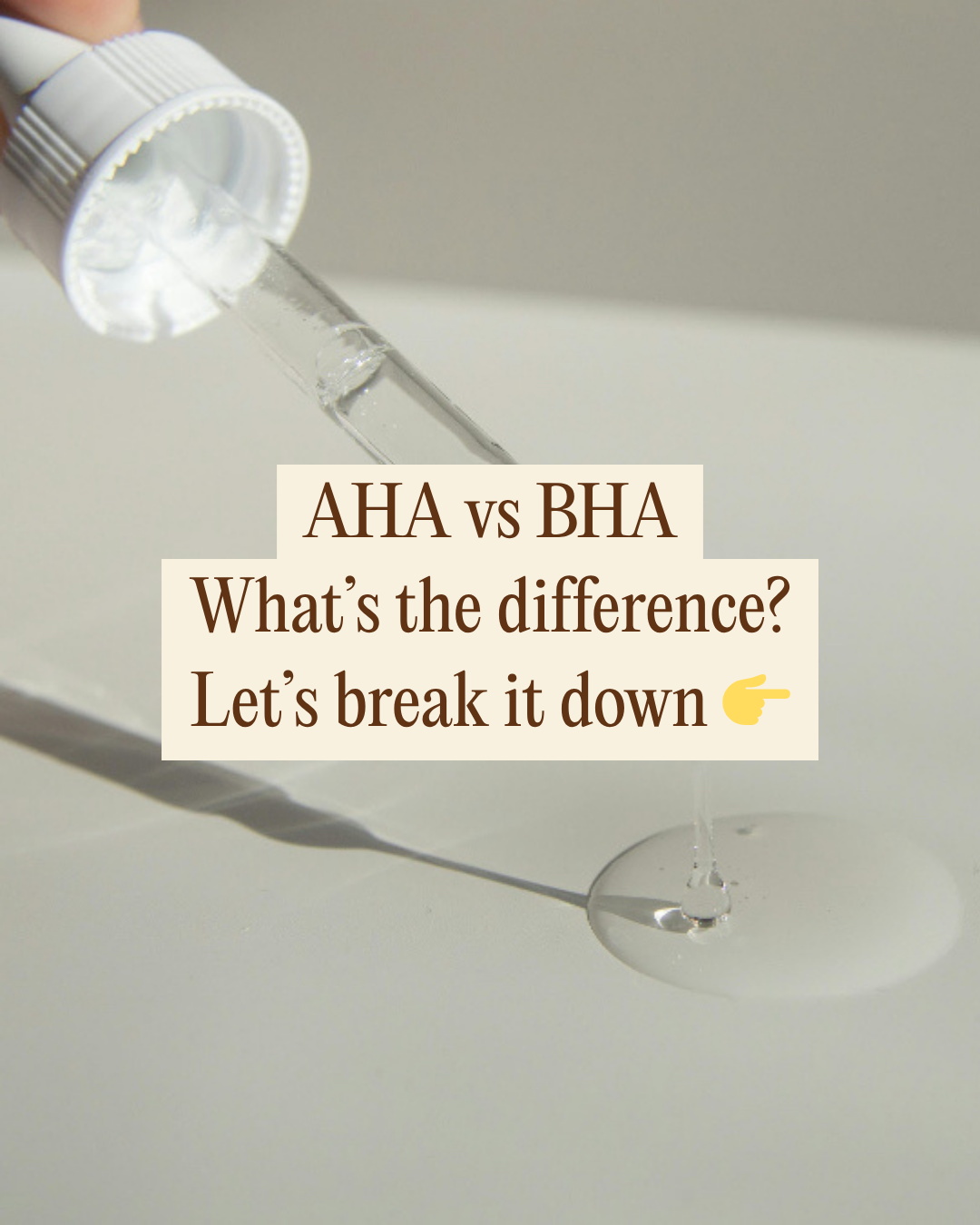
AHAs vs BHAs: What’s the Difference and Which One Should You Use?
AHAs (Alpha Hydroxy Acids) are water-soluble acids made from sugary fruits or milk. They work by dissolving the bonds that hold dull, dead skin cells on the surface. This helps reveal smoother, more even-toned skin underneath.

